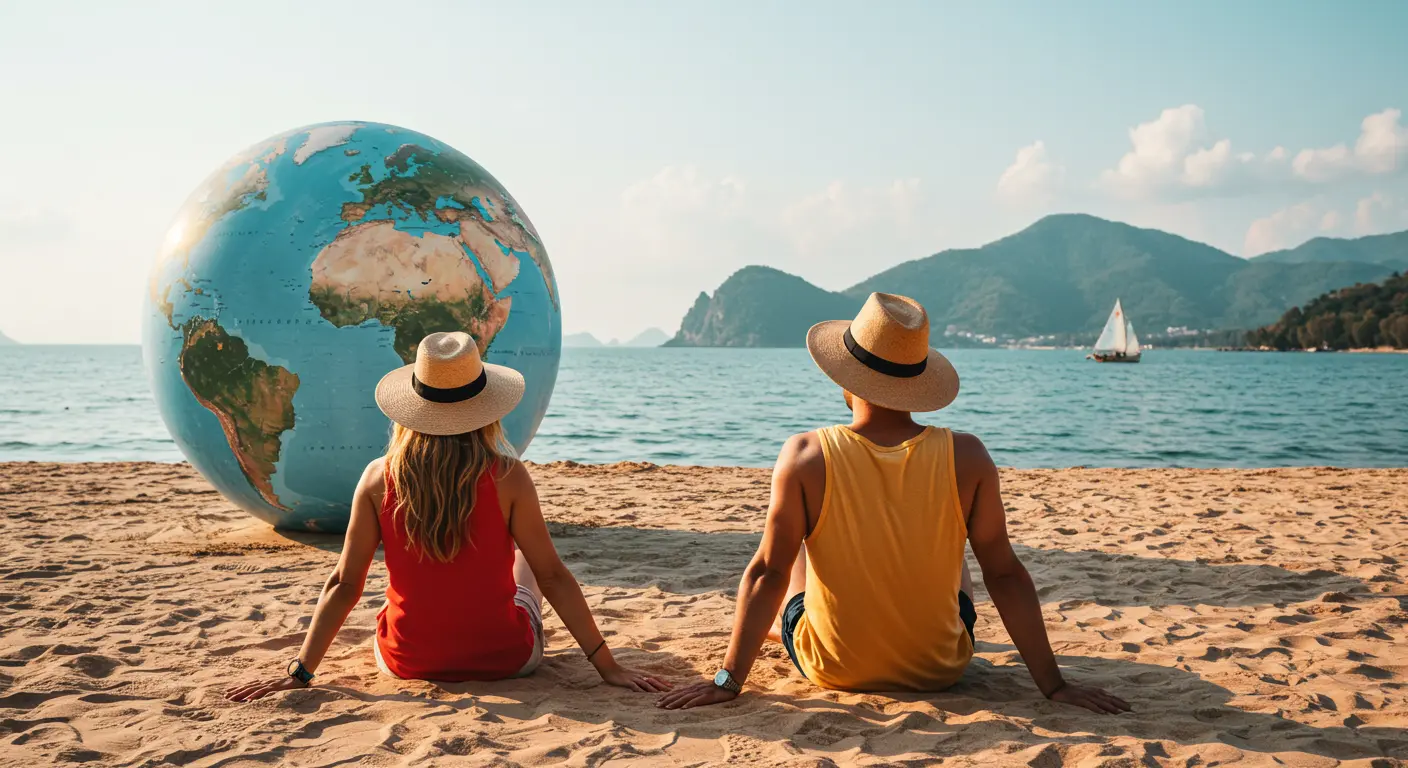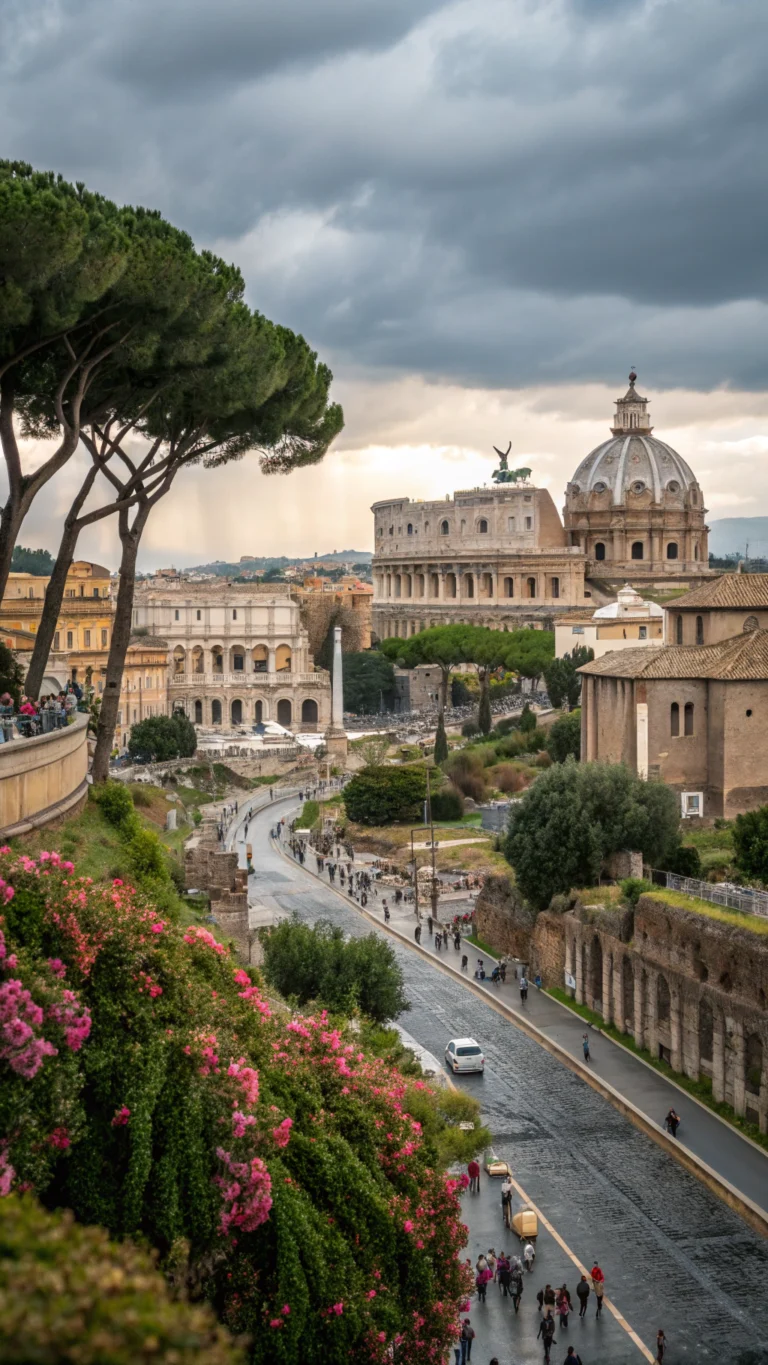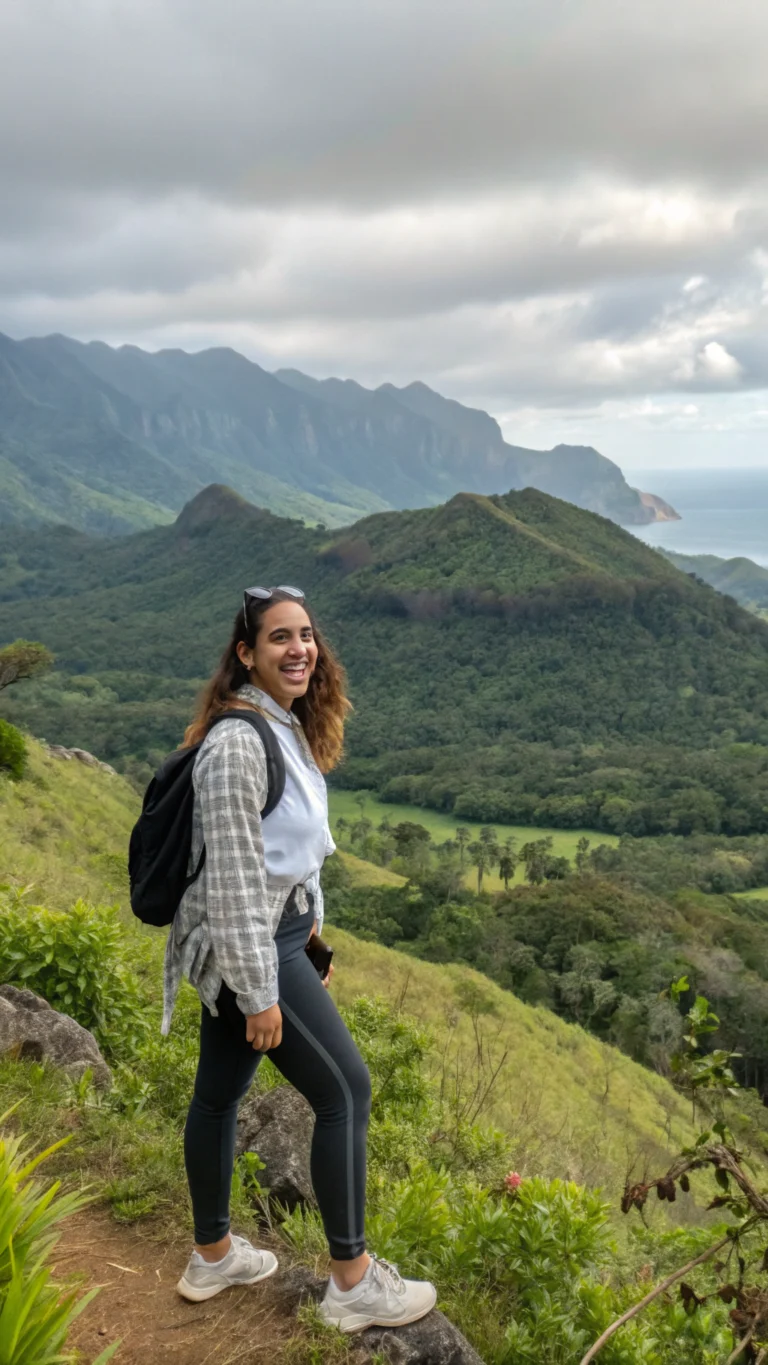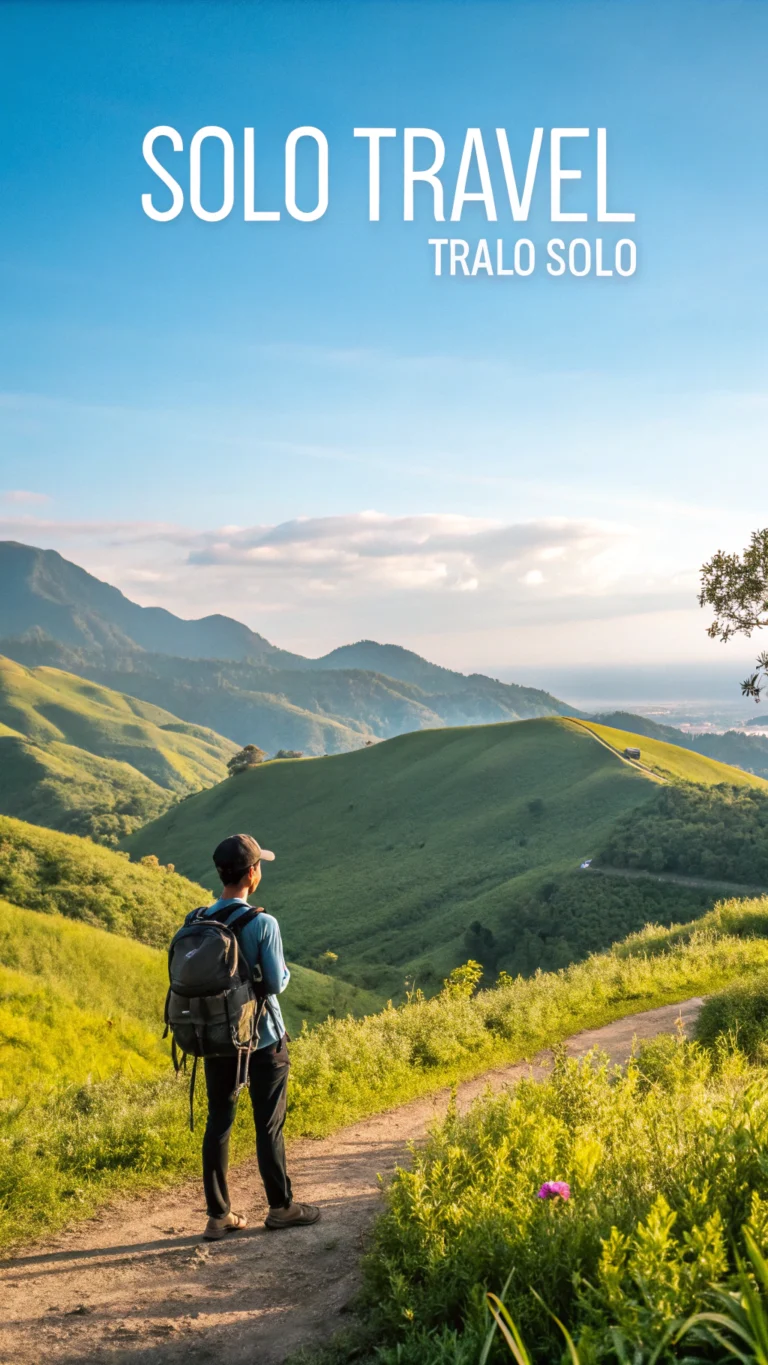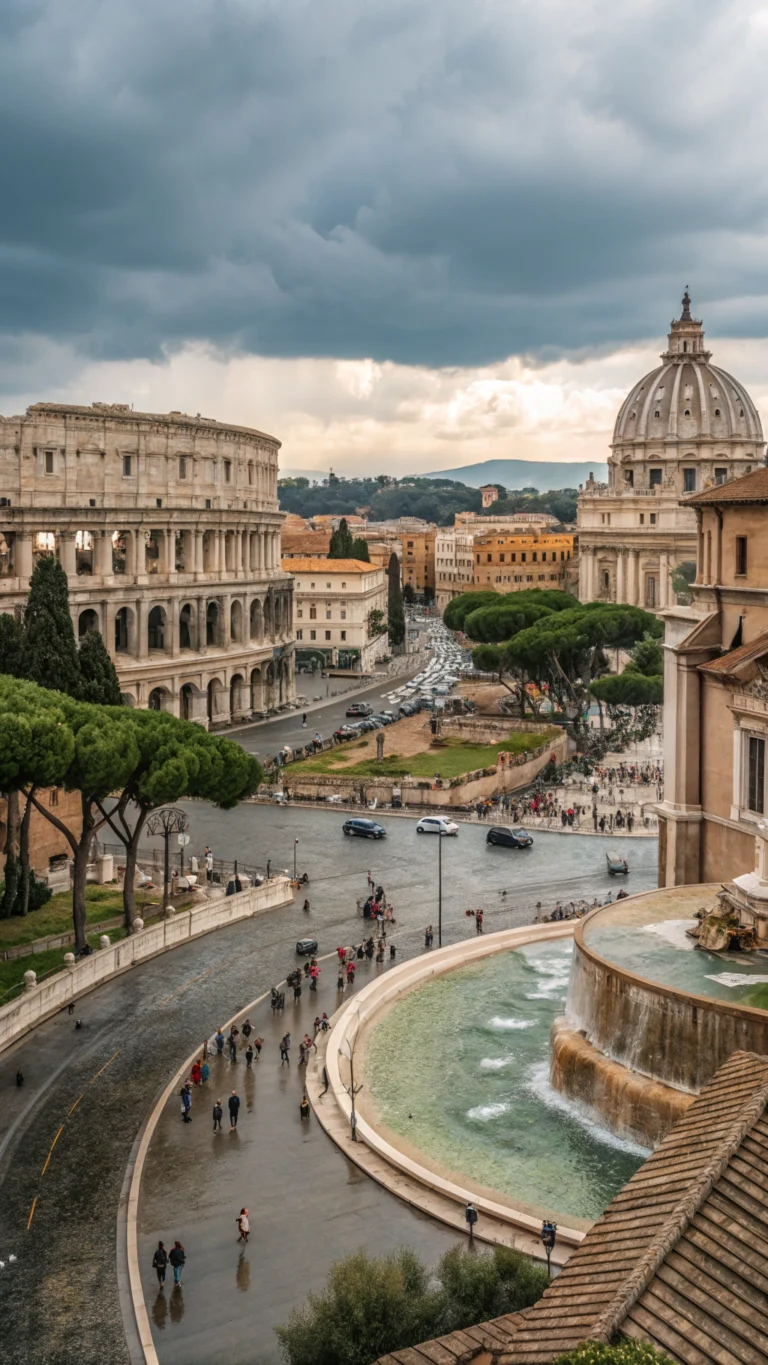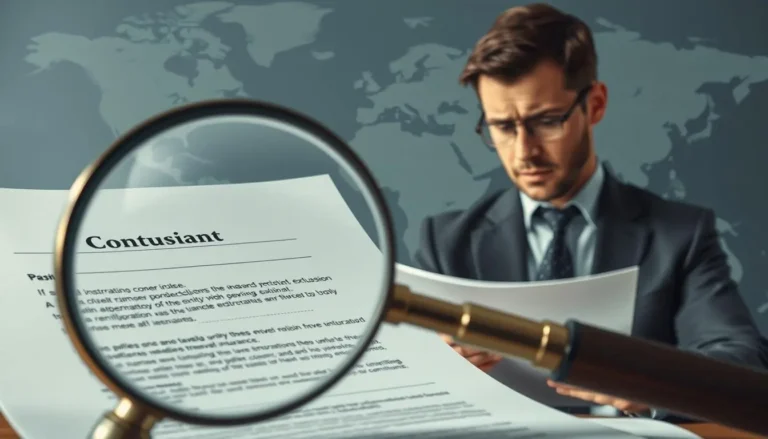Why Travel Is a Privilege, Not a Right – A Truth Every Traveler Should Know
In a world where glossy social media feeds are filled with images of exotic getaways and wanderlust-fueled adventures, it’s easy to forget that travel is a privilege, not a right. While the freedom to explore new places is often taken for granted by many, the reality is that millions of people around the globe face barriers—economic, political, health-related, and otherwise—that prevent them from crossing borders. This article dives into the layers of privilege that shape global mobility and why recognizing this is essential in becoming a more respectful and responsible traveler.

Understanding the Concept of Travel Privilege
Travel privilege refers to the advantages some individuals have that allow them to travel more freely, comfortably, and often than others. These advantages may stem from economic status, passport power, race, health, education, or geopolitical circumstances. The ability to travel is often perceived as a universal experience, but it is far from being equally accessible.
Passport Power and Global Inequality
One of the clearest examples of travel privilege lies in the power of your passport. For instance, citizens of countries like Japan, Germany, and the United States enjoy visa-free or visa-on-arrival access to a vast number of countries. In contrast, individuals from countries such as Afghanistan, Syria, or Nigeria face strict visa requirements, long approval processes, and frequent rejections.
Your nationality can determine how easy—or impossible—it is to step foot into another country. This creates a deep divide between the globally mobile and the globally restricted.
Economic Privilege: The Cost of Wanderlust
Travel is expensive. Flights, accommodations, meals, transportation, insurance, and other costs quickly add up. For someone living paycheck to paycheck, the idea of taking an international trip may be entirely out of reach. Economic inequality makes travel a luxury for many.
Furthermore, those who travel often forget the indirect costs others face: time off work (often unpaid), family responsibilities, or lack of generational wealth to fund experiences abroad.

Health and Accessibility Barriers
Health is another overlooked aspect of travel privilege. People with disabilities, chronic illnesses, or mental health conditions often find it more challenging to travel due to a lack of accessibility, medical care availability, or the physical toll of travel itself.
Travel infrastructure is largely built for the able-bodied. From staircases without ramps to hotels without elevators or accessible bathrooms, the world is not equally open to all bodies.
Racial and Ethnic Discrimination in Travel
Racial profiling, surveillance, and discrimination are everyday realities for many travelers. People of color may face unjust scrutiny at borders, in airports, and even within tourist destinations. Being able to travel without fear of harassment or bias is a privilege not shared by all.
From being “randomly selected” at airport security to being followed in shops abroad, race can heavily influence one’s experience of travel.
Cultural Capital and the Language of Travel
Knowledge plays a role in travel privilege. Being fluent in widely spoken languages like English or Spanish opens more doors. Having access to educational resources, travel know-how, or even just knowing what’s considered respectful in another culture is not universal.
Cultural capital—knowing how to behave, speak, and interact abroad—is often a learned skill passed down in families that have a history of travel. For others, this knowledge gap can result in anxiety, mistakes, or even safety issues.
Environmental Impact and Ethical Considerations
Being able to travel extensively while ignoring the environmental cost of tourism is another aspect of privilege. Frequent flyers leave behind massive carbon footprints. Visiting fragile ecosystems can harm biodiversity.
Yet, those with travel privilege can often afford to ignore or offset these effects, while those who bear the brunt of climate change (often in the Global South) are less likely to travel at all.
Geopolitical Factors and Safety
Safety is another huge factor in travel. Citizens of politically stable, economically strong nations can travel with relative confidence. Others come from regions marred by conflict, corruption, or instability, making travel risky or impossible.
Moreover, some travelers can rely on the support of strong consulates and embassies in case of emergencies abroad—a safety net not available to all.
The Role of Technology and Digital Access
Modern travel often depends on smartphones, apps, and online booking platforms. Having consistent internet access, a credit card, or a smartphone is often assumed—but again, not everyone has these tools.
Digital access is a hidden layer of privilege that shapes how easily people can plan, book, and navigate their travels.

The Myth of the “Universal Traveler”
The idea that “everyone can travel if they really want to” is a harmful myth. It dismisses the very real barriers many people face. Not everyone has the same opportunities, freedoms, or safety to explore the world.
By acknowledging that travel is not a universal right, we can better appreciate our ability to explore new places—and become more compassionate and mindful global citizens.
How to Travel More Responsibly and Respectfully
Recognizing your privilege doesn’t mean feeling guilty—it means using that awareness to make better choices. Here’s how you can be a more thoughtful traveler:
- Support local economies by spending money on local businesses
- Learn about the culture and history of the places you visit
- Minimize your environmental impact by choosing sustainable travel options
- Speak out when you see discrimination or injustice
- Share your travel experiences responsibly, avoiding poverty tourism or sensationalism

Conclusion: Travel as a Gift, Not a Guarantee
Travel should be seen as a gift—an opportunity, not an entitlement. As borders reopen and more people begin to explore again, let’s carry forward an attitude of gratitude and awareness.

